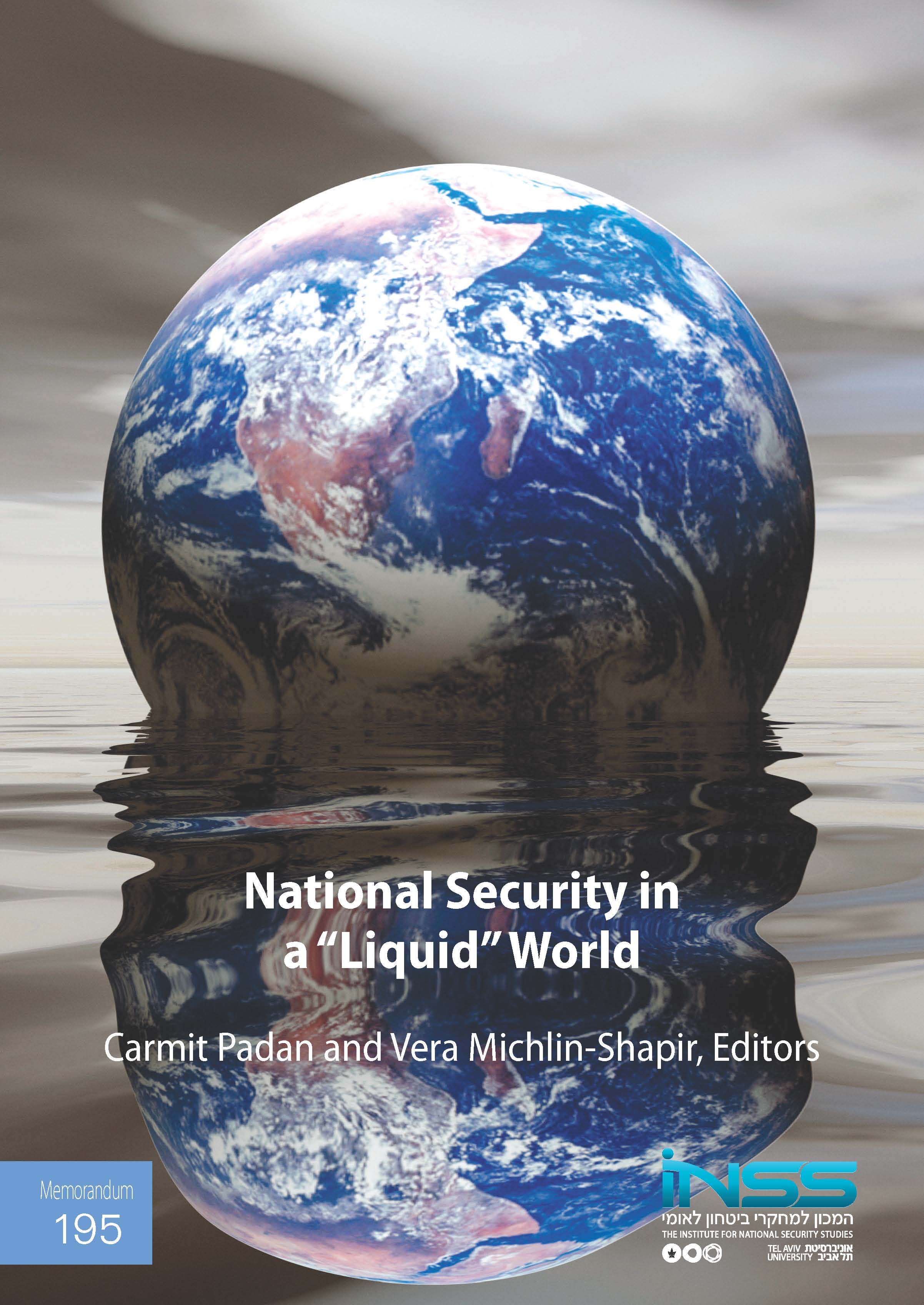Publications
Memorandum No. 195, INSS, October 2019

The study of security aspects in the discipline of international relations has grown immensely since the beginning of the development of this academic field, and especially following the end of the Cold War. This article examines the factors that led to its expansion since the 1990s. The key assertion is that with the culmination of the Cold War, the rapid changes within the international arena provided scholars of international relations with new raw material and with research questions that undermined the realist approach, which had dominated this field of study. Given the emergence of security challenges within countries, especially ethnic strife and civil wars, which have often led to international humanitarian intervention to stop the bloodshed or outright genocide, and the appearance of terrorist threats and attacks by global terrorist organizations (such as al-Qaeda), researchers are now focusing on the activities of non-state players both in relation to individual countries and in the global arena, which previously were overlooked in the security literature. Therefore, scholars of international relations now have more theories, as well as conceptual terms and analytical tools, to study security within the discipline of international relations than they had before the end of the Cold War. The greater depth and breadth of security studies was not the result of a scientific revolution or radical transformation in common research methods but rather was due to a lengthy process of exchanges among different approaches to the study of international relations, emphasizing critique and debate between the realist approach and competing methodologies.


